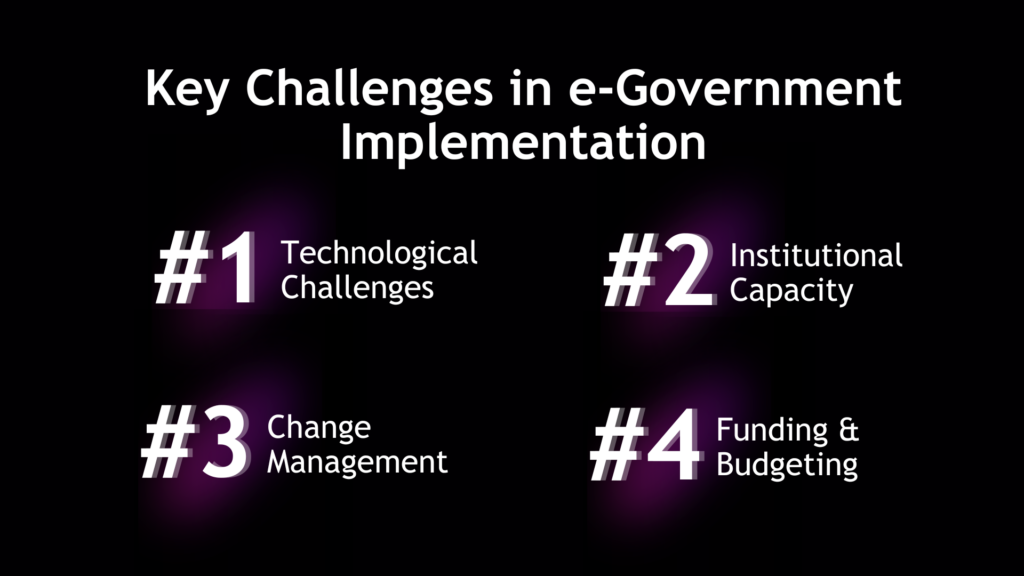The digital transformation has reshaped the landscape of government services worldwide, ushering in the era of e-government projects. Despite global enthusiasm and investments, a staggering 80% of these projects face failure. The World Bank and extensive studies delve into the challenges causing this significant concern.
Unveiling the Realities of E-Government Initiatives
The allure of e-government promises enhanced e-services, streamlined processes, transparency, and efficiency. Governments envision citizens seamlessly accessing services through websites, mobile apps, and digital platforms. However, the actual outcomes often fall short of these high expectations.
Examining Low Success Rates: Insights from the World Bank
The World Bank paints a bleak picture, revealing that less than 20% of digital government projects can be deemed successful. These projects encounter a multitude of issues, ranging from technological hurdles to implementation difficulties.
Key Challenges in E-Government Implementation
Technological Challenges: E-government projects grapple with intricate technologies, including compatibility issues, data security concerns, and the absence of proper infrastructure.
Institutional Capacity: Many governments lack the necessary expertise and capacity to effectively manage these digital projects.
Change Management: Transitioning from traditional to digital methods poses challenges, often met with resistance that can lead to project failure.
Funding and Budgeting: Inadequate funds and unpredictable budgets can derail e-government projects.

Bridging the Gap: Strategies for Success
To bolster the success of e-government projects, governments should adopt the following strategies:
- Careful Planning: Thorough research and planning, including in-depth studies to understand potential and challenges, are imperative.
- Skill Development: Investment in training and skill-building is essential for proficient project management.
- Collaboration: Partnering with private companies can provide the expertise and resources crucial for project success.
- Incremental Approach: Breaking down projects into smaller parts allows for continuous evaluation and adjustments, mitigating risks.
- Citizen Involvement: Engaging citizens from the project’s inception ensures digital services align with their needs.
In conclusion, while the benefits of e-government are substantial, challenges loom large. A comprehensive understanding of why these projects often fail is pivotal. Addressing these challenges through meticulous planning, skill enhancement, and collaboration can significantly elevate success rates, ultimately delivering superior services in the digital era.














